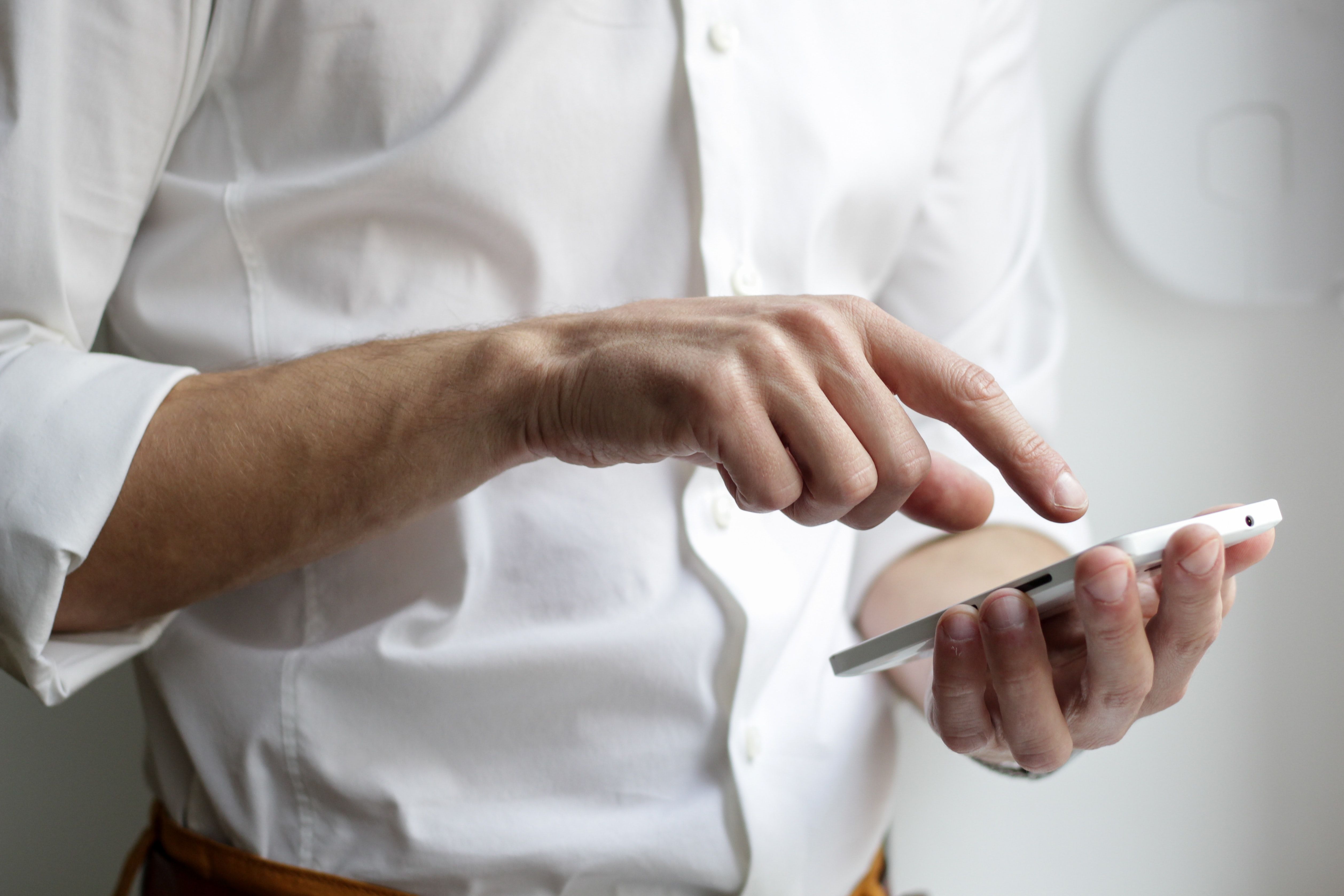Considering that computer passwords have been around since the 1960s, it’s hard to imagine a world without them. But someday, that might be a possibility.
Numerous tech companies worldwide, including Microsoft, have spoken about the benefits of passwordless sign-ins. Perks include both security and convenience.
Using passwords can come with numerous risks. Many people use not only the same one everywhere, and these are often easy to guess too.
Can going passwordless really secure your online accounts? And is it even realistic?
The Problem With Passwords
According to NordPass, the average online user has between 70 and 80 online passwords.
Almost everywhere you go on the internet, you’re asked for a password. Online shopping, social media, news websites—you name it. Trying to remember that many login details can be daunting, hence why many people use the same or similar passwords for all of their accounts.
But there’s an obvious problem with using the same password in multiple locations. And this is especially true if your passwords are not strong enough.
If a hacker correctly guesses your login details, they could access more sensitive information elsewhere. So, it’s perhaps unsurprising that Microsoft discovered 81 percent of hacking-related breaches to use either weak or stolen passwords.
How Do You Go Passwordless?
To sign in to your account using passwordless authentication, you need to use some kind of verification that is not your password.
You might already have used a passwordless login in the past. One example is Face ID. SMS and email requests are also examples of using a passwordless method to sign in to your account.
Why Is Passwordless Potentially More Secure?
When you go passwordless, you could enjoy several benefits. These relate to both security and user convenience.
Not Needing to Store Passwords Online
When you use passwordless logins, the need to store passwords online is instantly eliminated. You’ll be more protected if someone hacks into your computer since they will not be able to use a password to get into your account.
Not needing to store passwords is also helpful if you use your device around people you don’t want to see your stuff. There is less chance of seeing your essential details if you leave your computer unattended in a cafe, library, or office.
Convenience
In some cases, signing in with passwordless authentication might also be more convenient. Rather than needing to type in your code every time you browse a new website, you can verify your identity with a single click.
You could also only need to use your fingerprint or facial recognition.
When using passwordless authentication, you might save the need of having to verify your device when signing in from a new location.
Not Needing to Remember Multiple Passwords
To adequately protect yourself online, it’s a good idea to mix up your passwords. However, this can get confusing fast. And using either paper or your phone’s Notes app to save them is not the best idea.
When using passwordless logins, you won’t need to worry about forgetting your password. For websites and apps you barely use, you’ll be able to sign in without creating a new code that is forgotten again soon.
Problems With Passwordless Logins
While numerous benefits are associated with using passwordless logins, they are by no means perfect.
There are still a number of issues you need to keep in mind.
Recovering Login Information Might Take Longer
As annoying as it is when you need to reset your password, there are cases where doing so might be more convenient. If you can’t sign in using passwordless means, recovering your account may take a while.
One example could be if you change your phone number. If you forgot to update your details before getting rid of your old SIM card, accessing your account could be difficult.
The same is true if you are no longer able to access the email address linked to your account. If you go passwordless, it’s therefore essential that you keep your details up to date.
Still in Its Early Stages
While being passwordless can help users improve online security and allow for quicker logins, it’s by no means the finished product. It’s important to remember that the idea is still in its early stages and is therefore liable to a few faults.
One such problem is reliance on third parties. Whereas passwords allow users to start with their online accounts instantly, passwordless authentication might rely on third-party providers. If one of their servers is down, it could become impossible to access an account until the problem is resolved.
Is Going Completely Passwordless Realistic?
Yes and no. While passwordless logins are beneficial, some people could end up being left behind.
Passwords vs. passwordless is, in some senses, similar to a society paying with cash vs. cashless options. First of all, there is a risk that non-tech-savvy people are excluded.
The second potential barrier to total passwordless adoption is that some people simply might not want to. Many online users have only ever known passwords and could be unwilling to change.
At the same time, there’s every chance that those who want to go passwordless across all of their online accounts will be able to. As the emphasis on online security grows, more sites will feel obliged to offer passwordless authentication.
Do Passwords Still Have a Place in the Future?
Humans love anything that makes their lives easier. In many ways, passwordless logins do precisely that. As such, it would be wise to predict that more people will adopt this form of verification. And, of course, the added security benefits are vital.
But does this mean that passwords are out?
Well, no. At least not straight away.
Even if passwords were to die off completely, it’s probably going to be a while before this happens. Beyond the comfort of using passwords for many people, others might be scared of biometric verification and facial recognition for privacy reasons.
Those more concerned about their security, who don’t want to use passwordless logins, will use password managers instead. These allow them to store their data in a secure vault instead of each website and vary their login details.
The Verdict: Can You Trust Passwordless Logins?
Passwordless authentication is a secure and straightforward way to protect your online accounts. Using such verification means you don’t need to worry about hackers using your weak or repeated passwords to hack into your sensitive information.
If you have the means to use passwordless, doing so can help you protect your online accounts. Just remember to keep your phone number and email address updated, so you don’t need to worry about a potentially lengthy recovery process.





